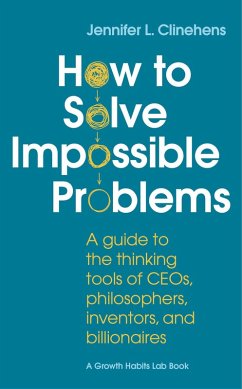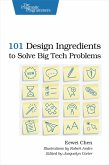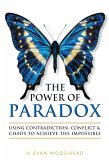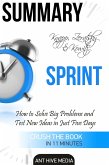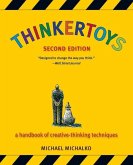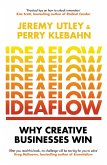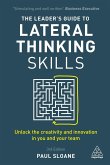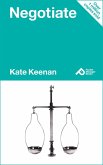How do you approach these impossible challenges? Do you have a strategy that you follow, or do you just hold a brainstorming session and hope for the best? Do you tell yourself, "Think harder!" and pray inspiration will strike?
There's a better way to solve problems like these - improve the quality of your thinking. Better thinking, problem-solving, and reasoning are skills. They can be developed through self-examination, learning new frameworks, and expanding our mental models.
Lucky for us, brilliant thinkers, creators, entrepreneurs, and philosophers - people like Elon Musk, Aristotle, Charlie Munger, Issac Newton, Ada Lovelace, Albert Einstein, Frederick Douglass, Maya Angelou, and Henry Ford - have left behind documentation, frameworks, and tools for considering impossible problems. In "How to Solve Impossible Problems," author Jennifer L. Clinehens (Choice Hacking, CX That Sings) presents 7 such tools to improve our thinking and help us solve what feel like insurmountable challenges. In each chapter she gives specific, actionable advice, real-world examples, and in a free companion course (available February 21, 2022) provides worksheets to help apply each principle.
Dieser Download kann aus rechtlichen Gründen nur mit Rechnungsadresse in A, B, CY, CZ, D, DK, EW, E, FIN, F, GR, H, IRL, I, LT, L, LR, M, NL, PL, P, R, S, SLO, SK ausgeliefert werden.

